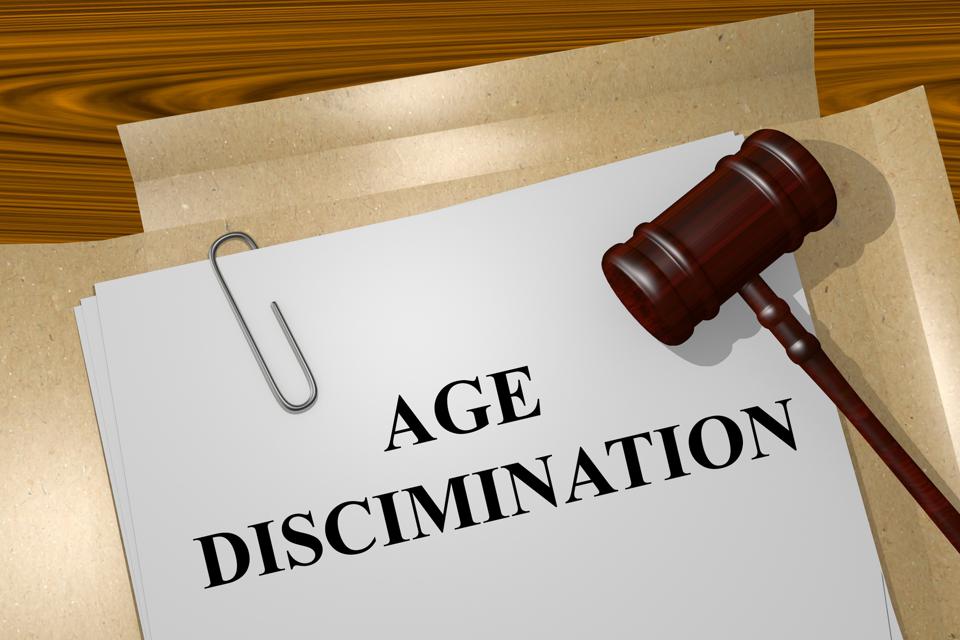The Problem of Age Discrimination
Mar 30, 2023
 Ageism is a major issue among employers and in the workplace, where older workers may be overlooked for promotions or may face difficulty finding new employment. Ageism can also be found in housing, health care, and other areas of life.
Ageism is a major issue among employers and in the workplace, where older workers may be overlooked for promotions or may face difficulty finding new employment. Ageism can also be found in housing, health care, and other areas of life.
This paper will examine the cultural norms that contribute to ageism, as well as explore ways to combat ageism and address unfair treatment of older individuals. Additionally, this paper will consider how organizations can implement policies and practices that promote an inclusive working environment without discriminating against age. Finally, this paper will discuss how members of society can work together to create change and end systemic ageism.
Various cultural norms contribute to ageism. For example, some believe that older people are not capable of learning new skills or working as effectively as their younger counterparts. This type of attitude can lead to discrimination in areas such as employment, where employers may favor younger applicants over older applicants. Ageism is also perpetuated through the media and advertising, which often depicts elderly people in a negative light or portrays them as being outdated and irrelevant.
To combat ageism, organizations should take steps to create an inclusive workplace environment. Employers should ensure they are not making hiring decisions based on age and should evaluate all candidates equally regardless of their age. Employers can also offer training opportunities for employees of all ages to help bridge any gaps in knowledge or experience. Additionally, employers should create an environment where employees of all ages can participate in mentorship or networking opportunities and work together to solve problems.
Members of society can also work together to end systemic ageism. People should be mindful of their own biases against older people and strive to treat everyone with respect regardless of their age. Additionally, people should speak out against unfair treatment whenever they encounter it, encourage friends and family to do the same, and support organizations that are dedicated to advocating for the rights of elderly people.
Age discrimination is a widespread problem that affects many individuals across different areas of life. This paper has explored the cultural norms that contribute to ageism, as well as methods to address this issue through inclusive policies and practices in the workplace. Additionally, this paper has discussed how members of society can work together to create change and end systemic ageism. With the right actions and efforts, we can create a more equitable society for people of all ages.
Overall, combating age discrimination is an important step towards creating an equal and inclusive society. Through our efforts, we can help ensure that everyone is treated fairly regardless of their age. It is essential that we continue to take action against ageism in order to protect the rights and dignity of older individuals. Together, we can make a difference and create a better future for all.
